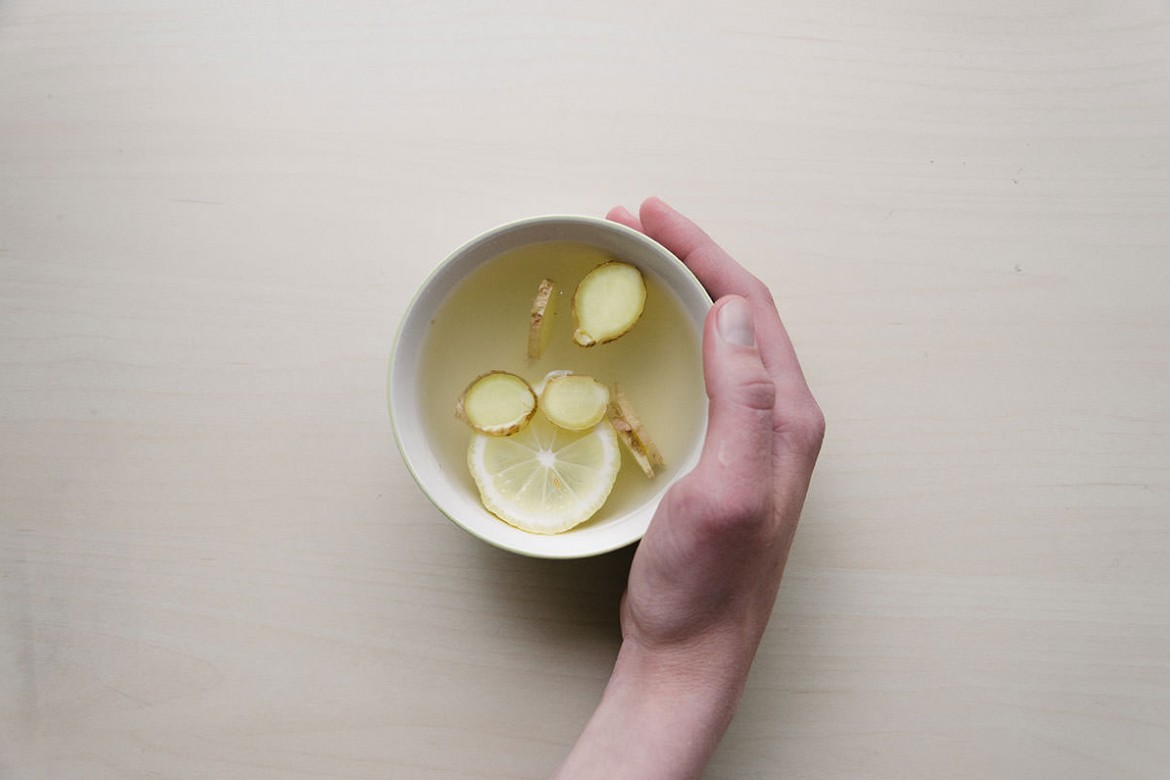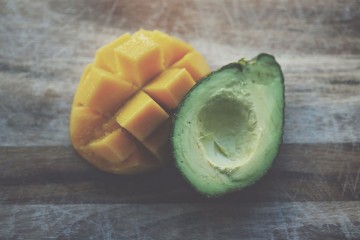The lemon is a species of small evergreen tree native to Asia. The tree’s ellipsoidal yellow fruit is used for culinary and non-culinary purposes throughout the world, primarily for its juice, which has both culinary and cleaning uses. The pulp and rind (zest) are also used in cooking and baking. The juice of the lemon is about 5% to 6% citric acid, which gives a sour taste.
The distinctive sour taste of lemon juice makes it a key ingredient in drinks and foods such as lemonade and lemon meringue pie. Lemon juice, rind, and zest are used in a wide variety of foods and drinks.
Lemon juice is used to make lemonade, soft drinks, and cocktails. It is used in marinades for fish, where its acid neutralizes amines in fish by converting them into nonvolatile ammonium salts, and meat, where the acid partially hydrolyzes tough collagen fibers, tenderizing the meat, but the low pH denatures the proteins, causing them to dry out when cooked.
Lemon juice is also used as a short-term preservative on certain foods that tend to oxidize and turn brown after being sliced such as apples, bananas, and avocados, where its acid denatures the enzymes.
Lemon juice is frequently used in the United Kingdom to add to pancakes, especially on Shrove Tuesday. Lemon juice and rind are used to make marmalade and lemon liqueur. Lemon slices and lemon rind are used as a garnish for food and drinks. Lemon zest, the grated outer rind of the fruit, is used to add flavor to baked goods, puddings, rice, and other dishes. The leaves of the lemon tree are used to make a tea and for preparing cooked meats and seafoods.
 Step by Step
Step by Step
Neque porro quisquam est, qui dolorem ipsum quia dolor sit amet, consectetur, adipisci velit, sed quia non numquam eius modi tempora incidunt utlorem labore etlore magnam aliquam quaerat voluptatem
- Spend time for yourself
- Do what you love to do
- Travel with your friends
- Quality time with family
Lemons are a rich source of vitamin C, providing 64% of the Daily Value in a 100 g serving. Other essential nutrients, however, have insignificant content. Lemons contain numerous phytochemicals, including polyphenols and terpenes. As with other citrus fruits, they have significant concentrations of citric acid (about 47 g/l in juice).





I often drink lemonade in the morning and the evening because lemon juice will supplement vitamin C for our body
Lemon juice is a really good drink for our health